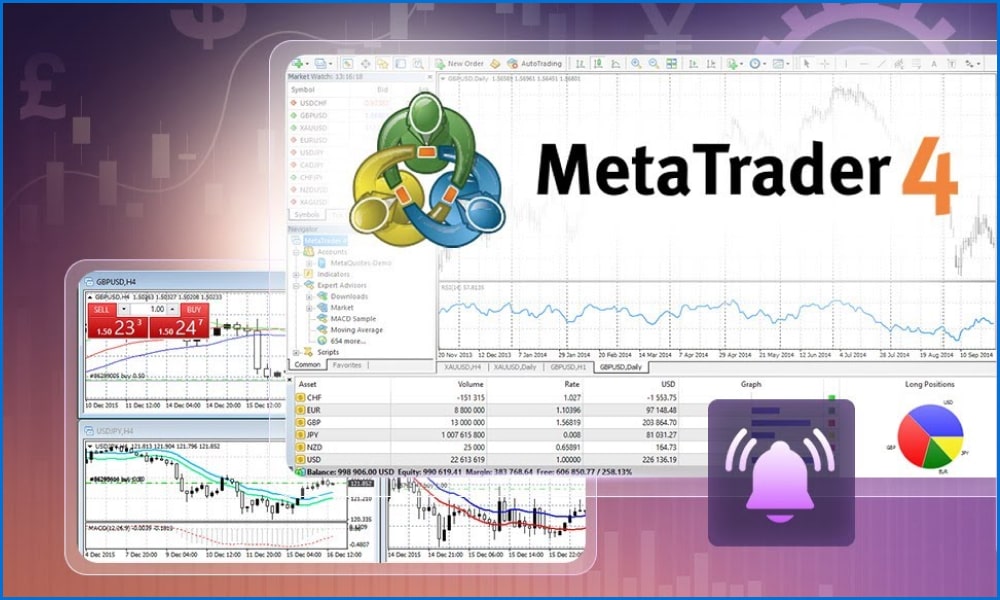Peerless oil boilers are a type of boiler that uses oil as a fuel source to heat water or generate steam for use in residential or commercial heating systems. They consist of a fuel tank, a burner, a heat exchanger, and various controls and safety devices. Peerless is a brand that manufactures oil boilers. They have a range of models with different features and efficiencies to suit different heating needs.
As technology has improved, manufacturers have been able to incorporate new features and designs that increase the efficiency and performance of oil boilers. Additionally, changes in industry regulations and government incentives have encouraged manufacturers to produce boilers that meet higher energy efficiency standards. As a result, Peerless oil boilers have become more advanced and efficient over time.
What are the parts of Peerless Oil Boilers
Peerless boiler parts include:
- Fuel tank: This is where the oil is stored before it is burned in the boiler.
- Burner: The burner is responsible for atomizing the oil and mixing it with air to create a combustible mixture. It is usually controlled by an electronic ignition system.
- Heat exchanger: The heat exchanger is a component that transfers heat from the combustion process to the water or steam in the boiler.
- Controls and safety devices: These include thermostats, pressure gauges, and safety valves that help regulate and monitor the operation of the boiler.
- Flue pipe: The flue pipe is used to vent the combustion gases from the boiler to the outside of the building.
- Circulation pump: The circulation pump is used to circulate the heated water or steam through the heating system.
- Expansion tank: An expansion tank is a component that is used to accommodate the expansion of the water as it heats up.
- Aquastat: An aquastat is a device that controls the temperature of the water in the boiler.
How does a Peerless oil boiler work?
A Peerless oil boiler works by using oil as a fuel source to heat water or generate steam for use in a heating system. The process can be broken down into several steps:
- Fuel is stored in a fuel tank and then pumped into the burner through a fuel line.
- The burner atomizes the oil and mixes it with air to create a combustible mixture.
- An electronic ignition system then ignites the mixture, creating heat.
- The heat from the combustion process is transferred to the water or steam in the boiler through a heat exchanger.
- The heated water or steam is then circulated through the heating system, typically by a circulation pump, to provide heat to the building.
- The combustion gases are vented to the outside through a flue pipe.
- The temperature and pressure of the water or steam in the boiler are monitored and regulated by various controls and safety devices, such as thermostats, pressure gauges, and safety valves.
- An aquastat is used to control the temperature of the water in the peerless oil boiler.
- An expansion tank is used to accommodate the expansion of the water as it heats up.
Things to consider when buying Peerless Oil Boilers
There are various things to consider before buying a Peerless oil boiler:
- Size and capacity: Make sure to select a boiler that is the correct size for your heating needs. The size of the boiler is of huge importance, neither too small nor too large!
- Efficiency: Look for a boiler with a high AFUE (annual fuel utilization efficiency) rating, which indicates the percentage of fuel that is converted to heat. A higher AFUE rating typically means that the boiler is more efficient and will cost less to operate.
- Fuel type: Ensure the boiler is compatible with the type of oil that you plan to use.
- Features: Peerless oil boilers offer different features such as electronic ignition, modulating burners, and built-in controls, these options can improve the efficiency and ease of use of the boiler.
- Installation and maintenance: Consider the cost and difficulty of installing the boiler, as well as the cost and frequency of maintenance.
- Warranty: Make sure to check the warranty offered by the manufacturer of the Peerless Oil Boiler, and compare it to other options before making a decision.
- Cost: The cost of the boiler is also an important factor. Compare the cost of the Peerless boiler to other models and brands to ensure you are getting good value for your money.
Final words
Avail yourself of the benefits of Peerless Oil Boilers and change your lifestyle!








